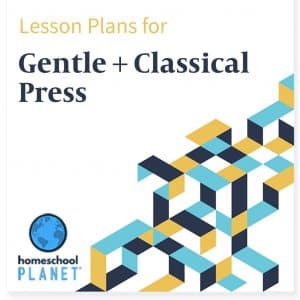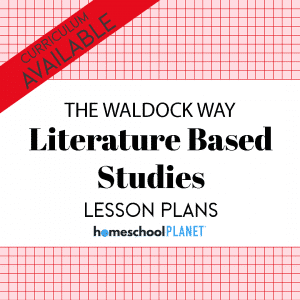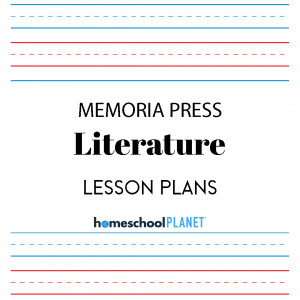The Gentle + Classical Agriculture Science
$12.95We love Gentle + Classical! This lesson plan does not include the curriculum but you can find the Around the World curriculum at the Gentle + Classical website, here!
Showing 253–264 of 1273 resultsSorted by popularity

We love Gentle + Classical! This lesson plan does not include the curriculum but you can find the Around the World curriculum at the Gentle + Classical website, here!

We love Gentle + Classical! This lesson plan does not include the curriculum but you can find the Around the World curriculum at the Gentle + Classical website, here!


You can find the curriculum for this Memoria Press lesson plan by clicking on the image below. Disclosure: This is an “affiliate link.” This means we may garner a small commission at no cost to you if you choose to make a purchase. Read our full Affiliate Disclosure Statement for more information.

You can find the curriculum for this Memoria Press lesson plan by clicking on the image below. Disclosure: This is an “affiliate link.” This means we may garner a small commission at no cost to you if you choose to make a purchase. Read our full Affiliate Disclosure Statement for more information.

You can find the curriculum for this Memoria Press lesson plan by clicking on the image below. Disclosure: This is an “affiliate link.” This means we may garner a small commission at no cost to you if you choose to make a purchase. Read our full Affiliate Disclosure Statement for more information.


This lesson plan includes: Traveling the States (3 days a week) LPO Traveling the States (4 days a week) LPO

End of content
End of content